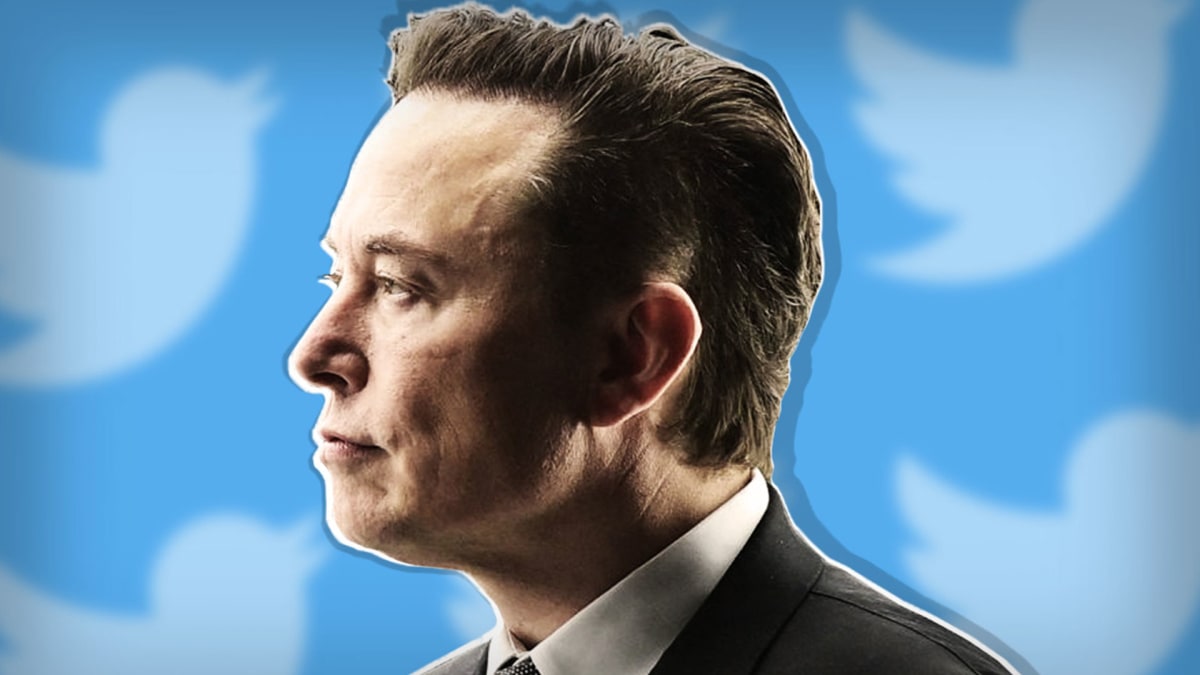
Three months after taking control of Twitter, Elon Musk is adopting a less pessimistic tone about the future of the social network, which he defines as the town square of our time.
A few weeks ago, the billionaire was worried about the financial health of the platform, which saw an exodus of advertisers, while advertising revenue constituted 91% of Twitter's revenue in the second quarter. The rest was subscriptions.
The company has not posted its third quarter results. As a private company now, it was delisted and therefore no longer has a legal or regulatory obligation to publish its results.
In the midst of the advertiser exodus, Musk said "the company is losing over $4M/day." He reiterated that pessimistic view during a Twitter Spaces on Dec. 20. He said that the platform was on track to hit $3 billion in negative cash flow before the drastic cost cuts he made. Of the company's 7,500 employees who were on staff when he arrived, at least 5,000 have been fired or left.
Like most social networks, advertising is bread and butter for Twitter, but many brands shunned the platform, waiting to see where Musk was going in terms of content management policy.
Major Changes Made at Twitter
The billionaire, who defines himself as a free-speech absolutist, believes that any message is acceptable on the platform as long as it does not violate the law. As a result, he reactivated most of the accounts, often extremist, banned by the old management because they violated the safeguards put in place to prevent the social network from turning into a "hellscape."
For many advertisers, Musk's laissez-faire approach risks spouting hate and xenophobia on the platform, a risk they don't want to take, having their brands associated with such messaging.
Musk, however, has said there has been a sharp drop in hate speech since he took over, but some groups argue otherwise.
"There are about 500M tweets per day & billions of impressions, so hate speech impressions are
To limit the weight of advertising in Twitter's income, Musk, who must also pay considerable interest on the $13 billion debt that he contracted personally to finance the Twitter deal, wanted to reinvent Blue, the platform's subscription service.
He integrated the checkmark, which means that an account has been verified, to Blue and increased the price to $7.99 per month, also adding other features. The problem is that these changes were disrupted by the appearance of numerous impostor accounts, which forced Musk to suspend new signups to Blue for many weeks. Companies, like pharmaceutical giant Eli Lilly and defense company Lockheed Martin, have seen impostor accounts posting messages impersonating them.
'Twitter Isn't Secure Yet'
According to Bloomberg News, the Techno King layered a significant amount of high-interest debt on Twitter’s balance sheet as part of his buyout. The company’s debt load swelled to about $13 billion — up from $1.7 billion pre-deal — and it’s now facing annual interest payments approaching $1.2 billion.
Its borrowing could get even more expensive because the interest rates on about half of that debt aren’t locked in and will rise with the market.
But Musk, who announced his resignation as CEO of Twitter, now says things aren't so dire financially. The financial situation of the social network is improving, the billionaire has just said.
But the specter of bankruptcy is not completely ruled out.
"We’ve gotten the expenses (of Twitter) under control, so the company’s not like on the fast lane of bankruptcy anymore," the billionaire said during the All-In Podcast on Dec. 24. "And we’re releasing features faster than Twitter’s history, at the same time as having contained the costs and, and reduced the cost structure by a factor of 3, maybe, maybe 4."
He subsequently reiterated this cautious optimism with a similar message posted on the platform a little later.
"Twitter isn’t secure yet, just not in the fast lane to bankruptcy," the serial entrepreneur said. "Still much work to do."







